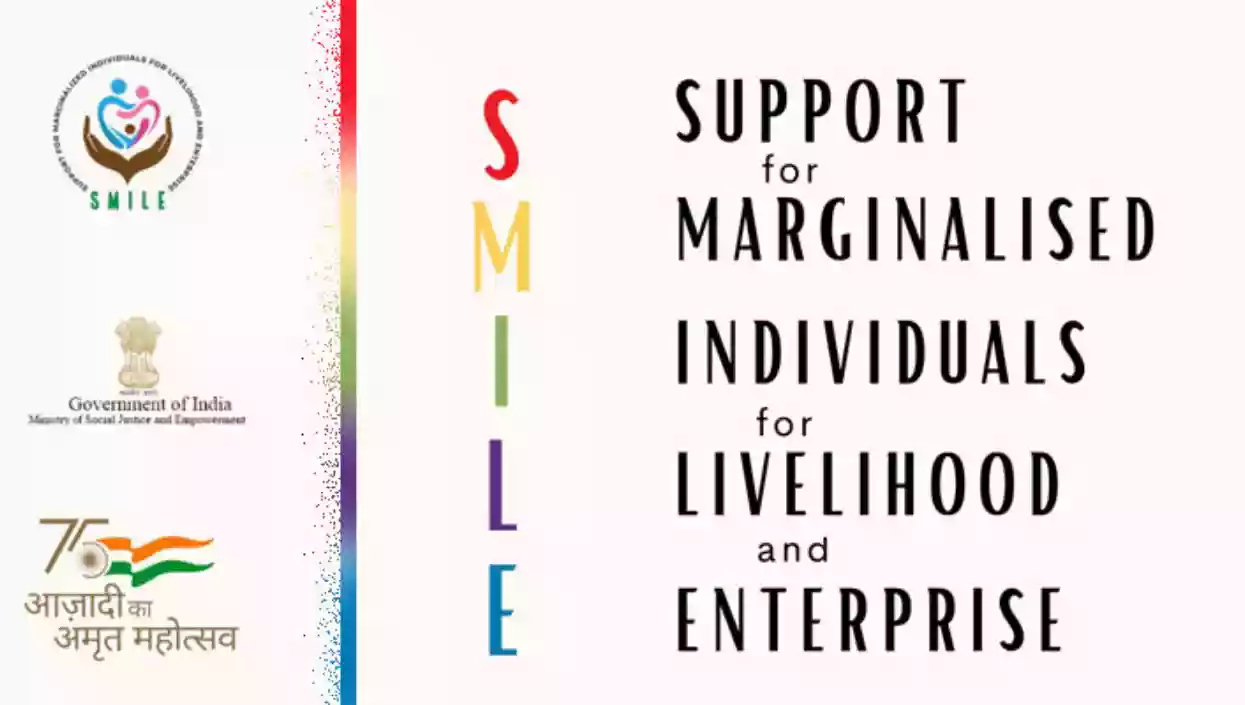Railways gives 9,000 jobs in Quarter 1, plans 50,000 for FY 2025-26
.gif)
.gif)

The Centre has significantly revised its flagship rehabilitation program, SMILE (Support for Marginalised Individuals for Livelihood and Enterprise), to broaden its scope for the rehabilitation of individuals engaged in begging. This updated scheme introduces a rights-based, rehabilitative approach, moving away from punitive measures, and incorporates dedicated shelter homes, vocational training, psychological counseling, healthcare services, and educational support for children. Officials emphasize this marks a pivotal shift towards structured support aimed at restoring dignity and promoting long-term social integration for one of the country's most marginalized groups.
The revamped SMILE scheme adopts a four-pronged strategy: comprehensive survey and identification of beneficiaries, targeted outreach and mobilization, provision of rescue and shelter services, and robust comprehensive resettlement initiatives. This holistic approach is designed to promote sustained rehabilitation. The scheme will be implemented in key cities, with a particular focus on pilgrimage sites, areas of religious importance, historical landmarks, and popular tourist destinations. Implementation will be a collaborative effort involving state administrations, urban local bodies, district administrations, and relevant organizations, including, for the first time, religious trusts and shrine boards.
The government has allocated ₹100 crore for the scheme over three years, with ₹30 crore for 2023-24, ₹33 crore for 2024-25, and ₹37 crore for 2025-26. The target is to rehabilitate 2,500 individuals in the first year, 6,000 in the second, and 8,000 in the third, aiming for a total of 16,500 rehabilitated individuals over the period. Funds will be released in three installments, tied to survey and mobilization, shelter and rehabilitation, and verified progress. Each shelter home, with a minimum capacity of 50 individuals and an annual budget of ₹48.7 lakh, will provide essential amenities and services. Detailed surveys will profile beneficiaries, and data will be uploaded to a national portal for real-time monitoring and accountability through social audits and third-party evaluations.